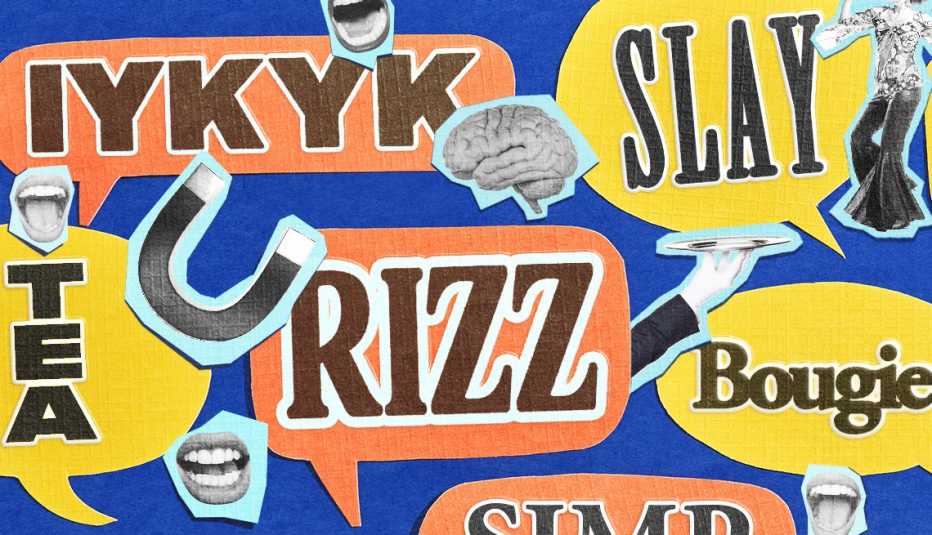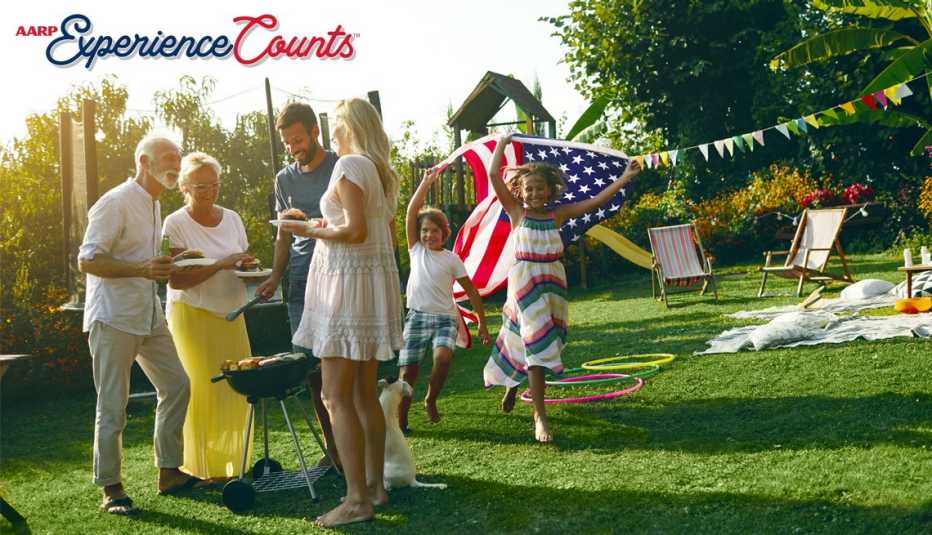AARP Hearing Center


He’s a swell fella.
He’s a cool dude.
He’s a hot guy.
Different words. Same meaning.
Each generation has its slang derived from popular culture: TV, music, politics and, more recently, social media. Decade after decade, the older generation struggles to understand what their offspring are talking about.
Case in point.
As a teenager, I often went shopping with my mom. One day I was admiring myself in the dressing room mirror.
“These are bitchin’ bell-bottoms,” I said, turning around. “Mom, don’t you…”
Those words had barely entered the space between us when my mom’s eyes bugged out, and her hand raised toward me. “What did you say?”


You can subscribe here to AARP Experience Counts, a free e-newsletter published twice a month. If you have feedback or a story idea then please contact us here.
“I like these bell bottoms,” I said.
“No. You used a filthy word.”
She was clueless.
My, how the tables have turned. When I hear my grandkids talking, I find myself a” stranger in a strange land.”
I try to be a hip and relevant grandmother, but when my granddaughter first told me she “slayed” her audition, I thought she had cut up the dialogue and had totally bombed. In fact, she had done a great job.
Unknowing her meaning at the time, I answered, “That part just wasn’t your cup of tea.”
She looked at me like I was from another planet, shrugged, rolled her eyes and walked off, leaving me to ponder my communication error. She couldn’t have cared less what my slang expression had meant. To her, it just meant I was old and outdated.
I refuse to accept these two adjectives to describe me, so I asked my grandchildren, aged 12 to 20, to have a little chat (not with GPT) so I could try to understand them better.
They tossed words in my direction as if shooting hoops. One or two made sense; the rest needed explanations. To add to the confusion, some of the expressions kids use today are not even words but letters strung together in acronyms derived from short-handing text messages.





































































More From AARP
Recommended for You